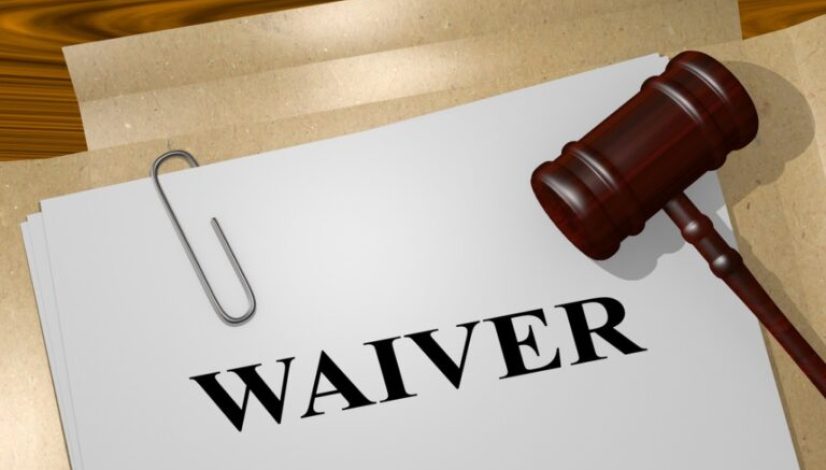Can I Still Sue If I Signed a Waiver?
If you’ve been injured or suffered losses after signing a waiver, you may be asking: Can I still sue? The short answer is: Sometimes, yes.
While waivers can limit your right to sue, they’re not always ironclad. Courts often scrutinize them carefully—especially when someone is hurt due to negligence or dangerous conditions.
Let’s break it down.
What Is a Waiver?
A liability waiver (often called a “release form”) is a legal document you sign to acknowledge the risks of an activity and agree not to sue the organization or business if you get injured.
They’re common in:
- Gyms and fitness centers
- Recreational activities (skydiving, skiing, etc.)
- Medical trials
- School and sports events
Can a Waiver Stop Me from Suing?
It can—but only under certain conditions. A waiver is more likely to hold up in court if:
- It was clear and specific about the risks involved.
- You voluntarily signed it.
- The language was understandable and unambiguous.
- The waiver does not violate public policy.
That said, waivers usually do not protect a business or person from all forms of legal responsibility.
When You Can Still Sue Even If You Signed a Waiver
There are several situations where courts may allow a lawsuit to move forward, despite a signed waiver:
1. Gross Negligence or Willful Misconduct
If someone’s conduct went far beyond ordinary carelessness—for example, ignoring known safety hazards or violating laws—a waiver typically won’t protect them.
2. The Waiver Was Vague or Poorly Written
Courts often reject waivers with unclear language, hidden terms, or legal jargon the average person wouldn’t understand.
3. You Were Forced or Pressured to Sign
If you were under duress or lacked a real choice (especially in employer-employee or medical relationships), a court might find the waiver invalid.
4. It Violates Public Policy
In some cases, courts won’t uphold waivers that try to release liability in essential services—like hospitals or certain childcare programs—because it would go against public interest.
What Should I Do If I’m Hurt After Signing a Waiver?
If you’ve been injured, don’t assume the waiver ends your options. Here’s what you should do:
- Get a copy of the waiver you signed.
- Document your injuries and incident thoroughly.
- Speak with an attorney who can evaluate whether the waiver is enforceable and whether negligence or misconduct was involved.
Bottom Line
Signing a waiver doesn’t always mean you’ve waived your right to sue—especially if negligence, unclear language, or unfair pressure was involved. Every case is different, so it’s smart to talk to a legal professional who can evaluate the waiver and your rights.
Need legal help? In California, navigating legal challenges, whether they involve personal injury, workers’ compensation, criminal defense or civil litigation, can be overwhelming. Khoury Law Group is here to provide the critical legal support you need. As a leading advocate for individuals facing legal battles, our experienced attorneys understand the complexities of the legal system and are committed to fighting for your best interests. With personalized legal strategies and compassionate support, we are dedicated to achieving the justice and compensation you deserve.
CONTACT US FOR HELP. Call us at (888) 354-6879 or fill out the form on our Contact page.





